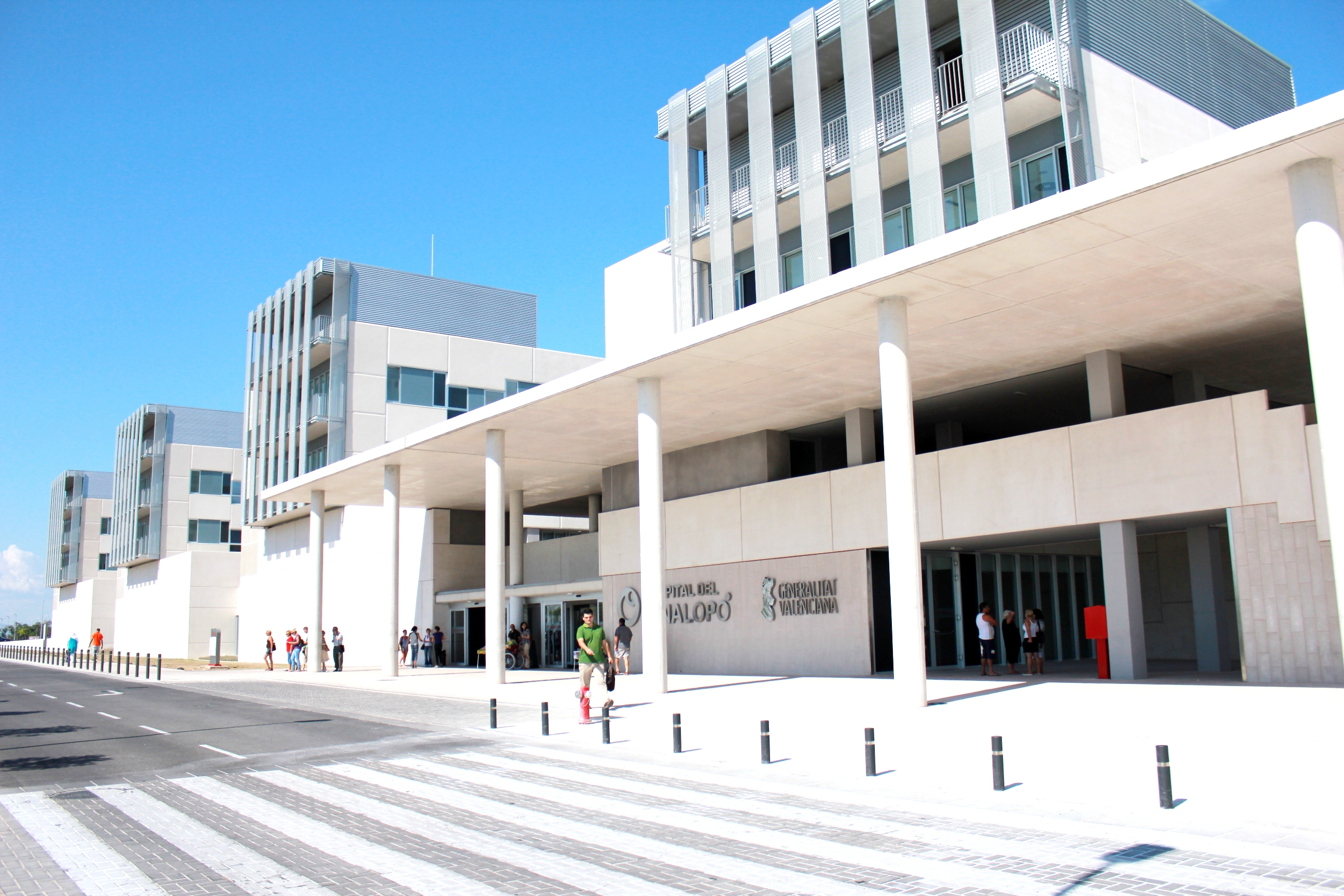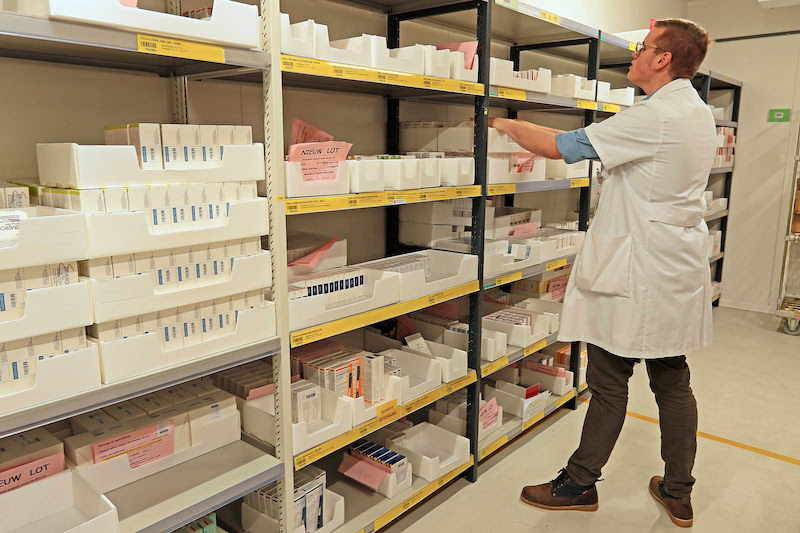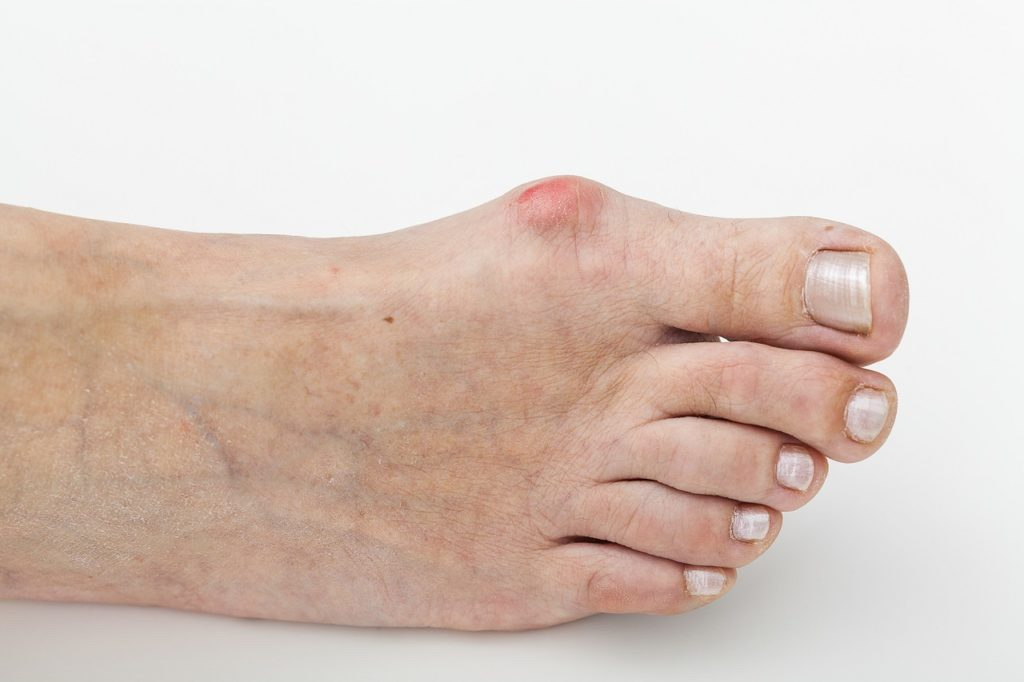
Probiotics improve atopic dermatitis
A new clinical study conducted in 50 patients with atopic dermatitis between 4 and 17 years, demonstrates the possibility of reducing atopic dermatitis severity through the use of probiotics to modify intestinal flora in patients.
The Internal Medicine Research Group and the Infectious Diseases Unit in Vinalopó University Hospital carried out the study, together with the MiBioPath research group in the Catholic University of Murcia.
According to the researchers, treatment with oral probiotics can reduce the SCORAD index (atopic dermatitis severity index) and the use of topical steroids in young people with moderate atopic dermatitis (SCORAD index 20 and 40).

Baby suffering from atopic dermatitis
Laboratory pre-clinical trials have shown that certain probiotics have anti-inflammatory and immunomodulatory capacity. With these results, scientists designed a combination of non-pathogenic non-bacteria (probiotics) treatment and performed clinical trials with affected patients. When a high number of healthy bacteria are introduced into the patient it has the effect of removing the existing bad bacteria within the organism, which therefore causes an improvement in the dermatitis.
Probiotics are more effective than corticosteroids against atopic dermatitis
The study was double blind and placebo controlled among all patients who were chosen at random.
The results of the investigations show that by administrating a mixture * of probiotics which modify the microorganisms located in the intestines of atopic dermatitis patients, causes a 78% improvement in the SCORAD index, while the group of patients who received the current corticosteroid treatment applied directly on the skin was 22%.
In 12 weeks, the patients who were treated with the probiotic mix showed a drastic reduction in the use of topical corticosteroids compared to the group that had been taking placebo.

Vinalopo University Hospital in Elche
These results have been so far the most promising in comparison to the already existing probiotic mixtures.
The research, led by Dr. Vicente Navarro López head of the Infectious Diseases Unit in Vinalopó University Hospital and principal researcher of the MiBioPath Group in the UCAM, is part of the development of a new industrial PhD between the UCAM and the Aesthetic Dermatological Center of Alicante, and its results have been published by the prestigious American Medical Association Journal, which has one of the highest impact rates worldwide.
The intestinal bacteria seem to play an important role in the development of this disease. With this pioneering work a step forward has been taken for the future development of treatments with such positive results in patients.
* The mixture is developed by ADM Bioplois, Binou, Reserach and Korott.
Sources:
–https://www.medscape.com/viewarticle/888740




